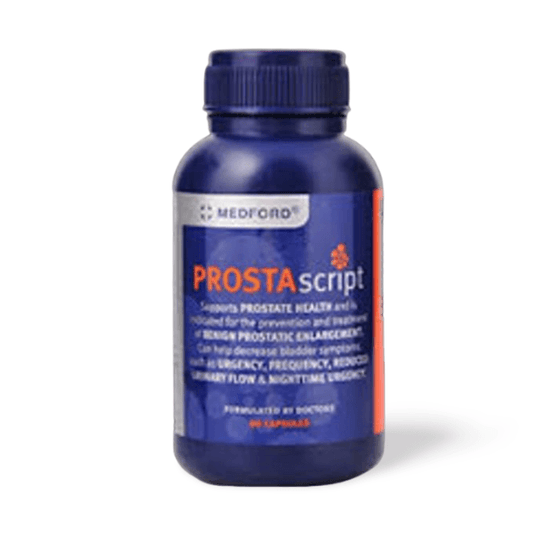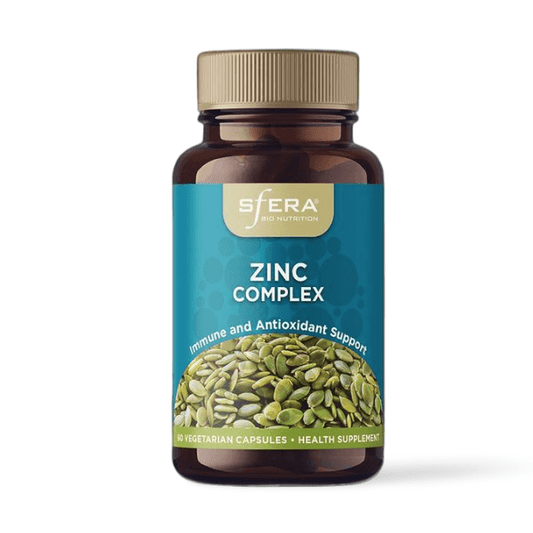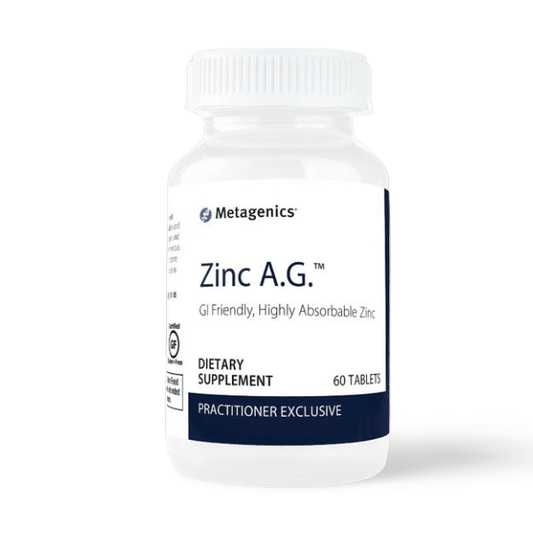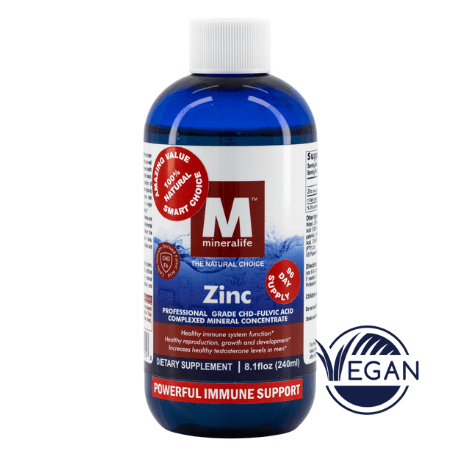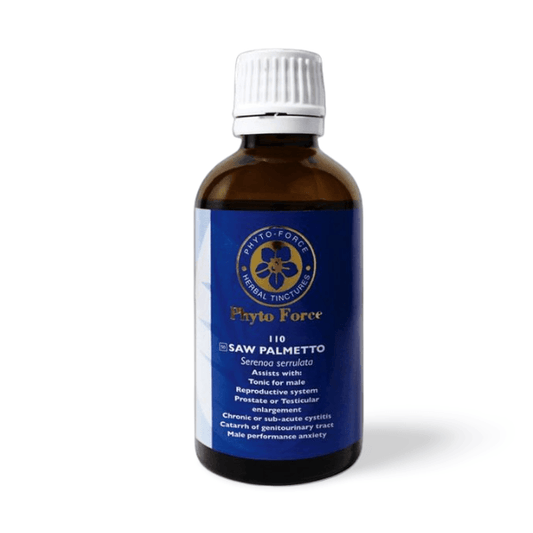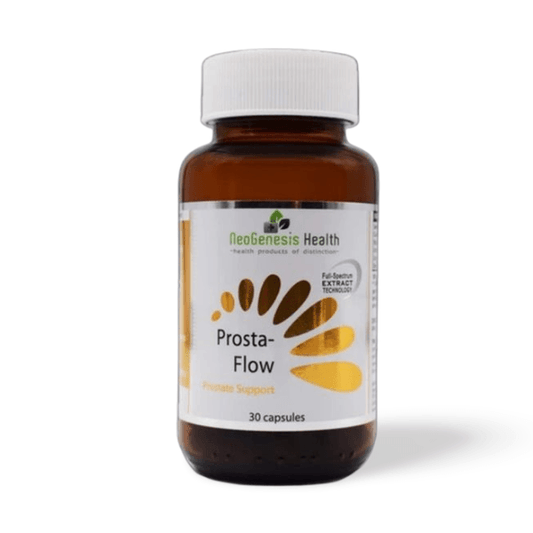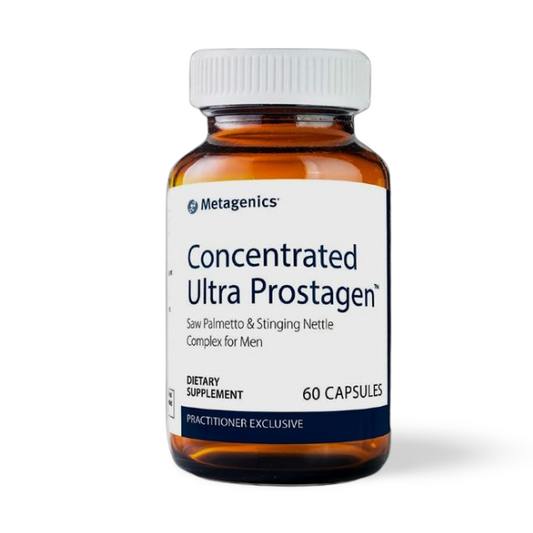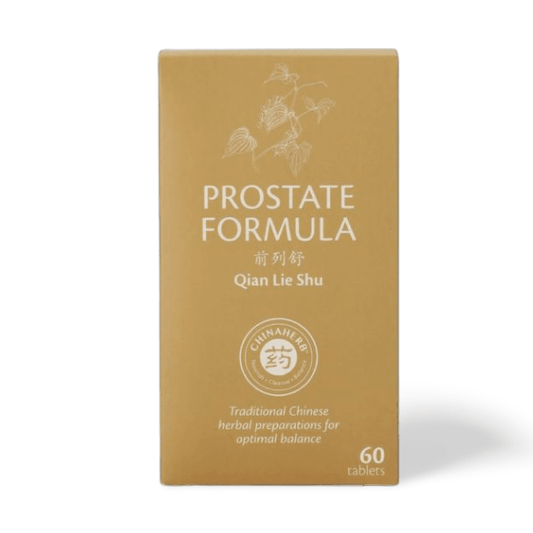The Importance of Prostate Health
Prostate health is a crucial component of men's health that is frequently neglected. Awareness and concern often arise when problems become evident, early stage prostate cancer, which can sometimes be too late for easy management. A healthy prostate is vital in both urinary function and sexual health. As men age, the prostate can undergo various changes, leading to common conditions like benign prostatic hyperplasia (BPH), prostatitis, and prostate cancer. These conditions can profoundly impact the quality of life, affecting physical comfort and psychological wellbeing.

Understanding the importance of maintaining prostate health is not just about managing existing problems; it's also about adopting a proactive approach to prevent potential issues. This involves being informed about risk factors, recognizing early symptoms, and understanding the various treatment options. Additionally, lifestyle choices play a significant role in supporting prostate health. Simple measures such as maintaining a balanced diet, engaging in regular physical activity, and undergoing routine medical check-ups can significantly reduce the risk of prostate-related problems.
At The Good Stuff, we always aim to provide comprehensive insights into the different aspects of prostate health. From detailing the anatomy and function of the prostate gland to discussing the latest advances in medical research and treatment options, the goal is to offer practical advice and information. Whether you want to maintain good prostate health, manage existing conditions, or better understand this vital aspect of men's health, this article will be a valuable resource.
We will explore the anatomy and functions of the prostate, common health concerns associated with prostate and breast cancer, risk factors and with it, risk factors, preventive measures, and effective treatment options. We'll also look at the impact of diet and exercise on prostate health and dispel some common myths while providing evidence-based facts. By the end of this article, you'll have a well-rounded understanding of prostate health and the steps you can take to maintain or improve it.
Understanding the importance of prostate health and taking proactive steps can enhance your quality of life and help in early detection and treatment of any potential problems. Let's dive deeper into prostate health, exploring each facet to empower you to talk with your doctor about the knowledge you need for optimal wellbeing.

Understanding the Prostate
What is the Prostate?
Though minor, the prostate gland is essential in the male reproductive system. Situated below the bladder and in front of the rectum, it plays a pivotal role in male fertility and urinary function. The enlarged prostate gland is uniquely positioned around the urethra, the tube responsible for carrying urine from the bladder out of the body. This location is crucial as changes in the size or health of the prostate can directly affect urinary processes.
Anatomically, the prostate is roughly the size of a walnut in younger men but tends to grow more prominent with age. This growth can sometimes lead to complications, a common issue being benign prostatic hyperplasia (BPH). Understanding the structure and function of the prostate is critical to recognizing various prostate-related health issues in early stages and addressing them effectively.
Functions of the Prostate
The prostate's primary function is the production of seminal fluid, a vital component of semen. This fluid is rich in enzymes, proteins, and minerals, all of which are essential for the survival and mobility of sperm. The fluid produced by the prostate accounts for about 30% of the total volume of semen. It is alkaline, which helps neutralize the acidity of the vaginal tract, thereby increasing the lifespan of sperm and enhancing the chances of successful fertilization.
One of the critical components secreted by the prostate is prostate-specific antigen (P.S.A.). While P.S.A. is well-known for its role in prostate cancer screening, its primary function is to liquefy semen following ejaculation, aiding in the free movement of sperm. Additionally, the prostate secretes several enzymes, including a high concentration of proteolytic enzymes, which further aid in semen liquefaction and sperm mobility.
The health of the prostate is also intimately tied to urinary function. The prostate surrounds the urethra, and its enlargement or inflammation can lead to urinary symptoms. Common symptoms include difficulty in starting urination, weak or interrupted urine flow, and frequent urges to urinate, particularly at night. These symptoms can significantly affect the quality of life and warrant medical attention.
Though small, the prostate plays two critical roles in men's health: it is essential in producing seminal fluid and contributing to fertility, and prostate cancer symptoms and its location and health directly impact urinary function. Understanding these roles underscores the importance of maintaining prostate health and addressing any issues that may arise promptly and effectively.

Prostate Health Concerns
Common Prostate Problems
Prostate health issues are a significant concern for men worldwide, including those in South Africa. The three primary and most common prostate cancer problems are:
-
Prostatitis is the inflammation of the prostate gland, which can affect men of all ages. Bacterial infections often cause it, leading to urinary tract symptoms and pelvic pain.
-
Benign Prostatic Hyperplasia (BPH): Commonly seen in older men, BPH is the prostate gland enlargement. This enlargement can compress the urethra, leading to difficulties in urination and bladder issues.
-
Prostate Cancer: Prostate cancer is a major health concern, particularly for older men. It's the development of cancerous cells within the prostate gland. In South Africa, prostate cancer is one of the most common cancers among men, emphasizing the need for awareness and regular screenings.
Symptoms to Watch For
Men with prostate cancer diagnosed when prostate cancers occur, especially in South Africa, should be vigilant about the following symptoms, as they could indicate underlying prostate issues:
-
Frequent urination, especially at night
-
Difficulty in starting or maintaining a steady stream of urine
-
Erectile dysfunction
-
Painful ejaculation
-
Blood in urine or semen
-
Discomfort or pain in the pelvic area
These symptoms can significantly impact the quality of life and should prompt a visit to a healthcare provider for thorough evaluation and diagnosis.

Risk Factors
-
Age-Related Risks: The risk of prostate issues escalates with age. In South Africa, men over the age of 50 are remarkably advised to undergo regular prostate screenings for early detection and effective management of prostate health issues.
-
Lifestyle and Diet: A diet high in red meat and dairy products and low in fruits and vegetables can increase the risk of prostate issues. This diet is prevalent in many parts of South Africa, necessitating a shift towards healthier eating habits. Additionally, a sedentary lifestyle contributes to the risk, as does obesity.
-
Genetic Factors: Genetics play a crucial role in prostate health. South African men with a family history of prostate issues, especially prostate cancer, have a higher risk and should be more proactive in regular screenings and consultations with healthcare professionals.
Natural Health Supplements and Prostate Health
In South Africa, as in other parts of the world, there's a growing interest in using natural health supplements to support prostate health. Certain supplements are believed to offer benefits in managing symptoms of prostate issues and in promoting overall prostate health. Some of these include:
-
Saw Palmetto: Often used for BPH, saw palmetto is believed to help reduce urinary symptoms and inflammation.
-
Pygeum: Derived from the bark of the African plum tree, pygeum is another supplement used for BPH symptoms and to aid urinary health.
-
Omega-3 Fatty Acids: Found in fish oils, these fatty acids have anti-inflammatory properties that can benefit prostate health.
-
Zinc Supplements: Zinc plays a role in prostate health, and supplements are often recommended, especially for those with prostate issues.
-
Lycopene: Found in tomatoes, watermelons, and other red fruits and vegetables, lycopene is an antioxidant that may help reduce the risk of prostate cancer.
While these supplements can be beneficial, South African men need to consult with healthcare professionals before starting any new supplement regimen, especially if they are experiencing prostate health issues. Combining a healthy diet, regular exercise, and appropriate supplementation can be a proactive approach to maintaining prostate health.

Preventive Measures
Regular Check-ups
Regular prostate screenings are vital for the early detection of prostate issues. Men over 50 or those with a family history of developing prostate cancer are encouraged to have annual check-ups. These typically include a digital rectal exam (DRE) and prostate-specific antigen (PSA) blood tests. The DRE allows doctors to feel for abnormalities in the prostate. At the same time, PSA tests measure the level of prostate-specific antigen in the blood, with elevated levels potentially indicating prostate issues.
Healthy Diet
A diet that supports prostate health is rich in fruits, vegetables, whole grains, and lean proteins. Specific foods like tomatoes, which are high in lycopene; green tea, known for its antioxidant properties; and soy products, which are rich in phytoestrogens, are particularly beneficial. These dietary elements help reduce the risk of prostate problems and promote overall health.
Physical Activity
Regular physical activity is crucial in reducing the risk of prostate issues like BPH and prostate cancer. Exercise aids in healthy weight management, improves immune function, and reduces inflammation. Activities such as walking, swimming, and cycling are recommended for their cardiovascular benefits and lower impact on the body.

Diagnosis
Prostate Exams
Prostate exams are the first step in diagnosing prostate issues. The D.R.E. and PSA tests are the primary methods for initial screening detect prostate cancer. The DRE. blood test involves a physical examination where a doctor feels the prostate through the rectum for abnormalities. The P.S.A. test measures the level of prostate-specific antigen in the blood, which can be elevated in various prostate conditions.
Medical Tests
If initial screenings indicate potential issues with enlarged prostate, further diagnostic tests like transrectal ultrasound, M.R.I., and prostate biopsy may be necessary. These tests provide more detailed information about the prostate's condition and help in accurate diagnosis.
Treatment Options
Medication
The choice of medication for treating prostate cancer issues depends on the specific condition. Alpha-blockers and 5-alpha-reductase inhibitors are commonly prescribed for BPH. For prostatitis, antibiotics are used. Hormone therapy and chemotherapy might be involved in treating advanced prostate cancer too.
Surgery
In cases of BPH, surgical options like transurethral resection of the prostate (TURP) and minimally invasive surgeries and radiation therapy like laser therapy are considered. For prostate cancer, treatments may involve radical prostatectomy, which entails the removal of the prostate gland.
Lifestyle Changes
Lifestyle changes for enhancing prostate health include adopting a healthier diet, increasing physical activity, and managing stress. Reducing alcohol consumption and quitting smoking are also recommended to impact prostate health positively.

Diet and Prostate Health
Beneficial Foods
Foods beneficial for prostate health include those rich in antioxidants, such as berries, omega-3 fatty acids from fatty fish, and phytoestrogens in tofu. Cruciferous vegetables like broccoli and Brussels sprouts are also known for their health benefits for the prostate.
Foods to Avoid
To further prevent prostate cancer risk and maintain a healthy prostate, it is advised to limit the intake of red and processed meats, high-fat dairy products, and excessive alcohol. Foods high in calcium should also be consumed in moderation due to their potential link to an increased risk of prostate cancer.
Exercise and Prostate Health
Recommended Exercises
Regular exercise, including aerobic and resistance training, benefits prostate health. Engaging in activities like brisk walking, jogging, cycling, and strength training can support prostate health and contribute to overall wellness.

Managing Prostate Health as You Age
Adjusting Health Routines
As men age, their prostate health needs change, necessitating adjustments in health routines. This includes more frequent prostate screenings like digital rectal exams (DRE) and prostate-specific antigen (PSA) tests. Dietary adjustments are also essential, focusing on foods that support prostate health, such as fruits, vegetables, and whole grains. The American Cancer Society recommends these screenings, especially for men over 50 or earlier, for those with a family history of prostate issues.
Monitoring Changes in the Body
Awareness of bodily changes, particularly in urinary habits or sexual function, is crucial. Symptoms like difficulty in urination, a weak urine stream, or changes in sexual performance can be early signs of prostate issues. Early detection through vigilant self-monitoring and regular medical check-ups significantly improves treatment outcomes.
Support and Resources
Support Groups
Prostate health support groups offer a platform for sharing experiences and emotional support. Organizations like the Prostate Cancer Foundation provide forums for men to connect and discuss their experiences, fostering a supportive community.
Online Resources
Online platforms offer a wealth of information on prostate cancer increases and health. Websites like the Mayo Clinic and WebMD provide educational resources, expert advice, and up-to-date research findings, helping individuals stay informed about prostate cancer treatment and health management.
Myths and Facts
Common Misconceptions
A common myth most prostate cancers is that prostate issues are an inevitable part of aging. While the risk of prostate cancers increases with age, proactive management can significantly mitigate this risk.
Evidence-Based Facts
Evidence supports the benefits of a healthy diet and regular exercise in maintaining prostate health. The Harvard Medical School emphasizes the role of diet in the prostate tissue and reducing the risk of BPH and prostate cancer.
Future of Prostate Health
Advances in Medicine
The future of prostate health is promising, with ongoing research into other treatments and medical advancements to develop prostate cancer. Developments in diagnostic techniques, treatment methods, and preventive strategies continue to improve the outlook for men's prostate health.
For more detailed information and resources, visiting the American Cancer Society, Prostate Cancer Foundation, Mayo Clinic, and WebMD websites can be beneficial.
The Good Stuff offers a range of prostate health supplements. Here is a brief overview of ten products from their collection:
-
HIMALAYA Himplasia: A herbal supplement supporting prostate health.
-
SOLGAR Saw Palmetto: Known for its benefits in managing BPH symptoms.
-
SFERA Zinc Complex: A zinc-based supplement beneficial for overall men's health.
-
METAGENICS Zinc AG: Offers zinc in advanced forms for better absorption.
-
MINERALIFE Zinc: A liquid zinc supplement for easy intake and absorption.
-
METAGENICS Zinc Drink: A convenient liquid zinc supplement.
-
PHYTO FORCE Saw Palmetto: An herbal supplement derived from saw palmetto, often used for BPH.
-
PHYTO FORCE Hydrangea: A hydrangea-based herbal supplement.
-
NEOGENESIS Prostaflow: Formulated for supporting prostate health.
-
NATURE FRESH Tribulus Terrestris: Known for its benefits in men's health, including prostate support.
For more details on these products, you can visit The Good Stuff.
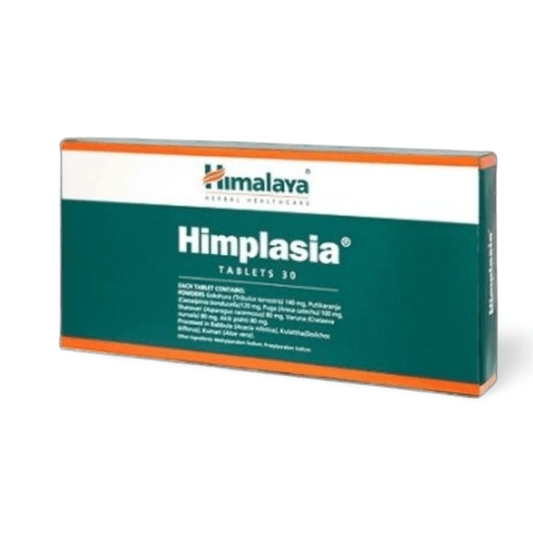 Sold out
Sold out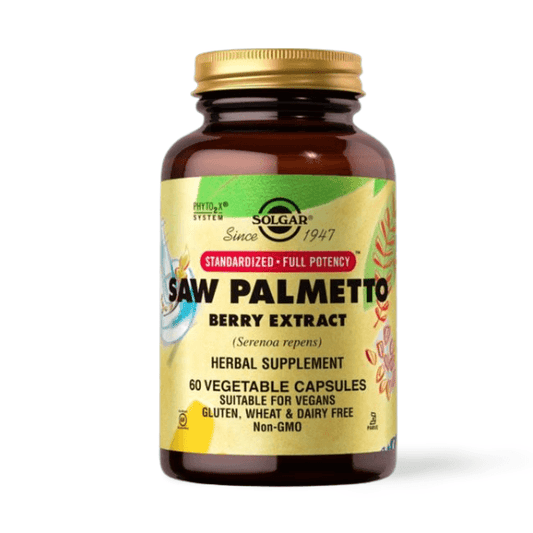 Sold out
Sold out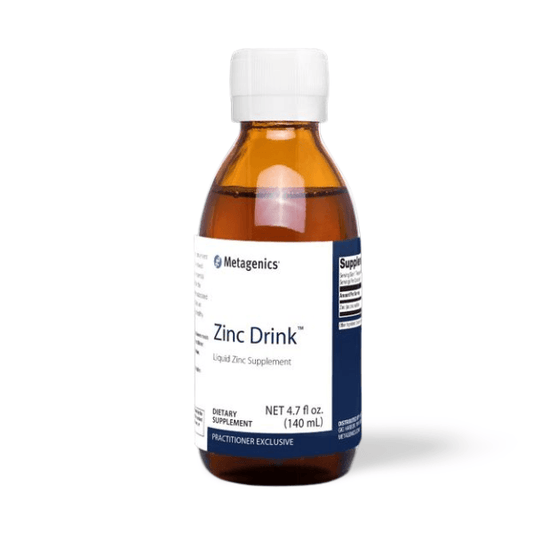 Sold out
Sold out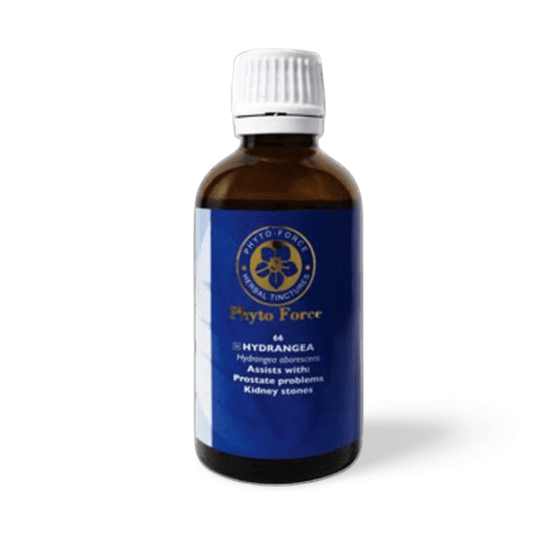 Sold out
Sold out Sold out
Sold out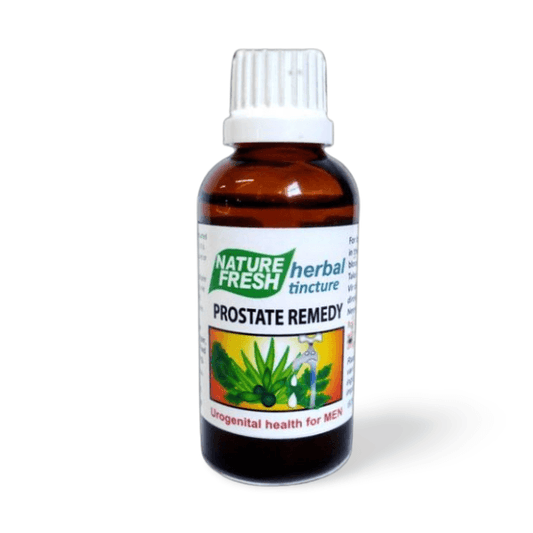 Sold out
Sold out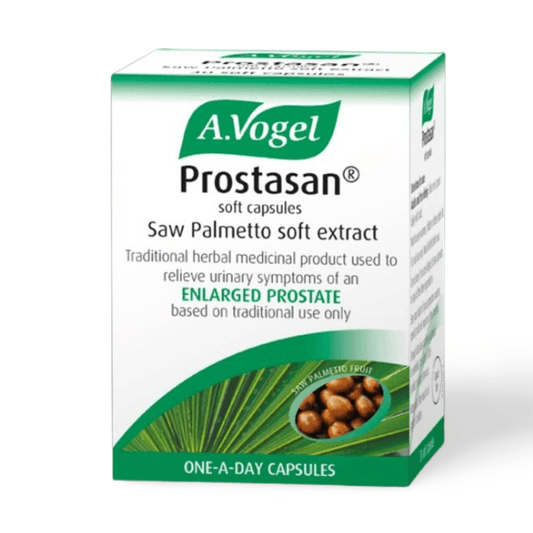 Sold out
Sold out



